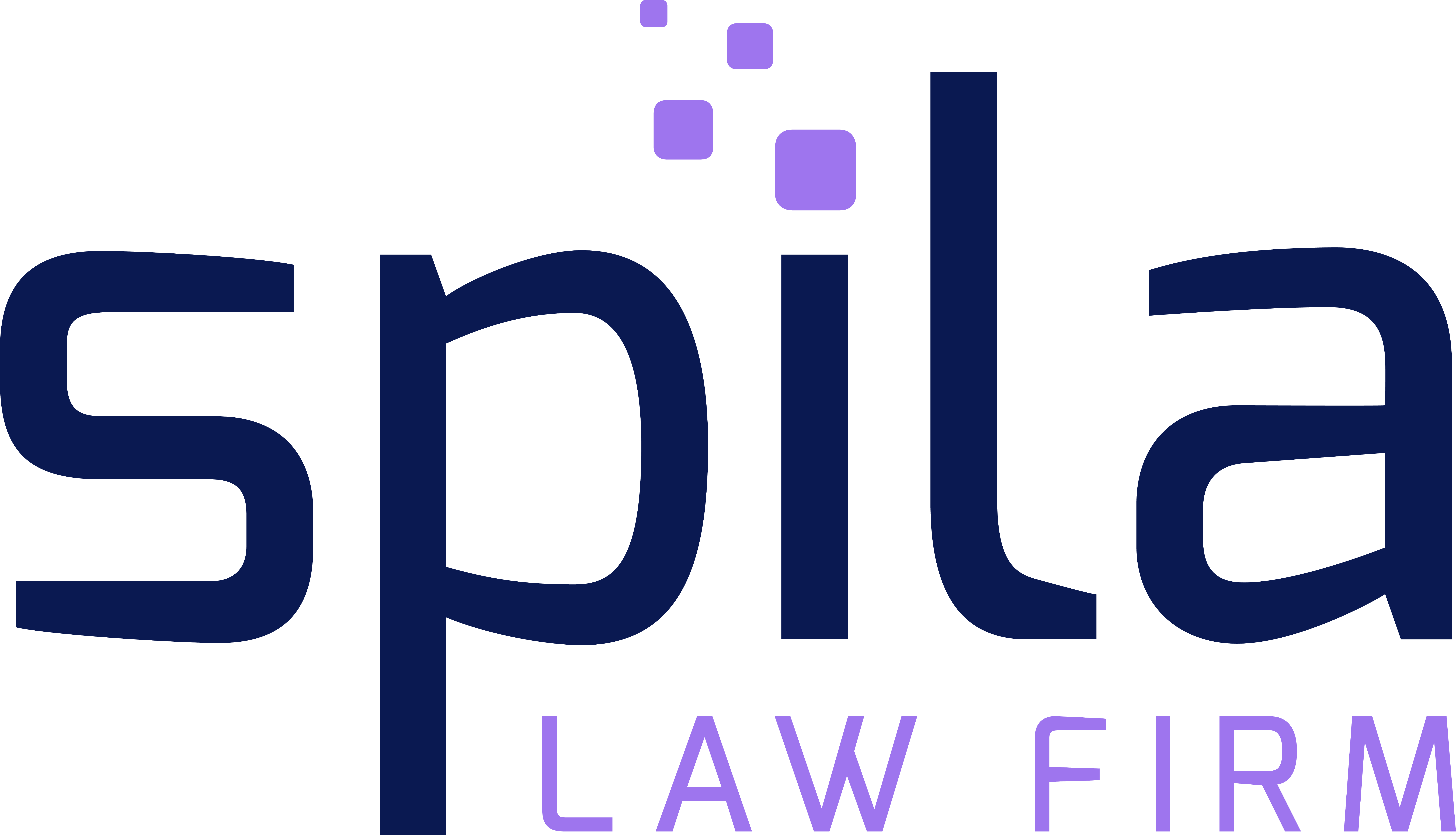What is Trademark and How It Affects Your Brand
In today’s highly competitive business landscape, building a strong brand is vital for success. Your brand is more than just a logo or a catchy slogan; it encompasses the values, reputation, and identity of your business. Protecting this valuable asset is crucial, and one way to do so is through the effective use of trademarks. In this article, we will delve into the concept of trademarks, their significance in intellectual property law, the benefits of trademark protection, and the process of trademark registration.
What is a Trademark?
A trademark is a form of intellectual property that provides legal protection to a brand. It is a distinctive sign or symbol that helps consumers identify and distinguish goods or services offered by a particular business from those of others. Trademarks can take various forms, including words, phrases, logos, symbols, designs, or even sounds and smells. By associating these unique identifiers with a specific brand, trademarks create a connection between the brand and its target audience.
Intellectual Property Law and Trademark Protection
Intellectual property law plays a fundamental role in safeguarding trademarks. It encompasses a range of legal mechanisms aimed at protecting intangible assets, such as inventions, creative works, and brands. Trademark protection ensures that the rights and interests of brand owners are secured, preventing unauthorized use or infringement by competitors or other entities.
When a business establishes a trademark, it gains exclusive rights to use that mark in connection with the goods or services it represents. This exclusivity grants the owner the power to control the commercial use of the mark, preventing others from using similar marks that may cause confusion or dilution of the brand’s distinctiveness. Trademark protection also empowers brand owners to take legal action against those who infringe upon their rights, seeking damages and injunctions to stop unauthorized use.
The Benefits of Trademark Protection
Trademark protection offers several advantages to brand owners. First and foremost, it helps build brand recognition and trust among consumers. When customers encounter a registered trademark, they associate it with a certain level of quality, reliability, and authenticity. This association can lead to increased customer loyalty and preference for the brand.
Moreover, trademarks contribute to the overall value of a business. As brands become more recognizable and reputable, their market presence strengthens, resulting in enhanced competitiveness and potential for growth. Trademarks can also be licensed or franchised, providing additional revenue streams for the brand owner.
Trademark Registration Process
While it is not mandatory to register a trademark, doing so offers significant advantages. Registering a trademark provides a legal presumption of ownership and the exclusive right to use the mark in connection with the goods or services specified in the registration. It also serves as constructive notice to others that the mark is already in use and protected.
The trademark registration process typically involves conducting a comprehensive search to ensure the chosen mark is not already in use or registered by another party. Once the search is complete, an application is filed with the appropriate intellectual property office, providing details about the mark, its usage, and the goods or services it represents. The application then undergoes examination, and if approved, the trademark is officially registered, granting the owner statutory rights and protection.
Conclusion
Trademarks play a crucial role in establishing and protecting your brand. By securing exclusive rights to your distinctive sign or symbol, you can safeguard your business’s identity, reputation, and market position. Trademark protection offers a range of benefits, including increased consumer recognition, trust, and commercial opportunities. While registration is not mandatory, it provides substantial advantages and legal certainty. Therefore, it is prudent for businesses to prioritize trademark protection to ensure the long-term success and sustainability of their brands.
IMPORTANT NOTICE: Even though this article discusses general legal topics, it does not mean to give any specific legal advice to any particular legal issue and information provided may not be accurate in your country, in your case or may not be up-to-date. If you are looking for a legal advice for your specific case, we advice you to seek advice from a certified attorney-at-law. Feel free to contact us anytime as we are always available to help you with your particular case.







